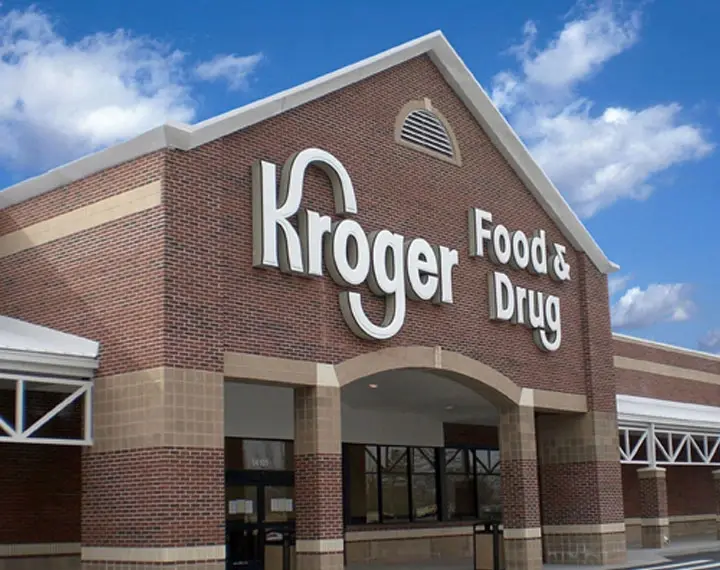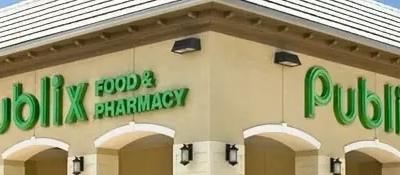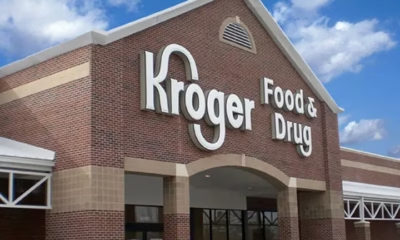Nonfood & Pharmacy
Kentucky Sues Kroger Over Alleged Unsafe Opioid Prescriptions

Kentucky Attorney General Russell Coleman announced on Monday that the state has filed a lawsuit against Kroger, accusing the grocer of distributing hundreds of millions of opioid pills to residents without proper safeguards. This legal action, which was filed in Bullitt Circuit Court, claims that Kroger and its over 100 pharmacies in Kentucky were responsible for dispensing approximately 11% of all opioid pills in the state between 2006 and 2019. During this period, Kroger reportedly purchased more than 4 billion milligrams of opioids, translating to around 444 million doses.
The lawsuit specifically highlights Kroger’s distribution of nearly 194 million hydrocodone pills in Kentucky, alleging that the company failed to address clear warning signs. Despite the availability of real-time data that indicated unusual prescribing patterns and suspicious orders, the suit claims that Kroger neglected to report any of these red flags, with no suspicious prescriptions being reported between 2007 and 2014.
Kentucky’s Attorney General Russell Coleman condemned Kroger’s actions, stating that for over a decade, the grocer played a significant role in flooding the state with an alarming number of opioid pills, leading to addiction, pain, and death. He further criticized Kroger for lacking a formal system to monitor and report suspicious activity, which contributed to the devastating impact of the opioid epidemic. Kentucky, he said, has long been one of the hardest-hit states by the opioid crisis, with overdose deaths tragically claiming over 2,100 lives in a single year.
This lawsuit adds to Kroger’s legal troubles related to the opioid crisis. In May 2023, Kroger reached a settlement in a similar case with the state of West Virginia, agreeing to pay $68 million. Other major retailers, including Walgreens, Walmart, CVS, and Rite Aid, have faced similar legal actions and settlements for their roles in the opioid epidemic.
Kroger has not yet responded to the Kentucky lawsuit, but the company has previously stated that its opioid lawsuit settlement with West Virginia was “without merit.”





















